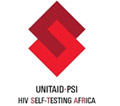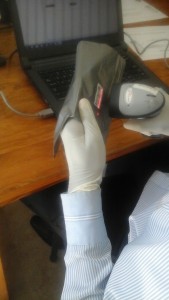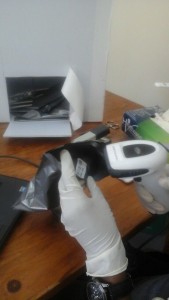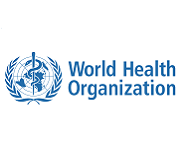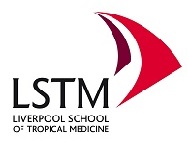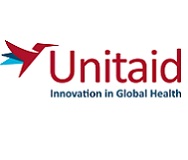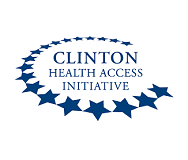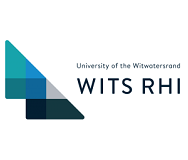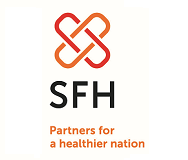HIV STAR research studies in Zimbabwe
May 2016
Quality assurance check via late reading of returned HIV self-test kits distributed in the pilot study
Building on momentum and knowledge from past research in Zimbabwe, comes the HIV STAR project; a grand undertaking which seeks to explore ways of distributing oral fluid HIV self-test kits. One such way is in rural communities using trained lay health workers. While the approach is still being piloted in parts of Mazowe district, a trial is on the horizon. Eighty communities will be randomised to one, both or neither of two interventions to improve linkage to care – incentivising lay health workers to link self-testers to care and incentivising clients to link to HV treatment, care and prevention services.
Within this trial are several studies scheduled to take place after community-based distribution: a population-based survey on receipt and use of self-tests; interviews with clients, healthcare workers and key informants on barriers and facilitators to accessing post-test services; costing of resources and cost-effectiveness analyses. Throughout the study, data will be collected to capture progress and will also provide feedback on whether the interventions were successful and if so, how and why.
Findings from focus group discussions in the pilot are encouraging; people welcomed the idea of self-testing. Having lay health workers, who are knowledgeable and familiar in the communities, was effective all round and particularly at reaching those who were unlikely to visit health facilities. In preparation for the main study, stakeholder sensitisation and public randomisation meetings are scheduled for late-May with the trial kick-off planned for July. Lessons learned from the pilot distribution program will feed into the main study.

